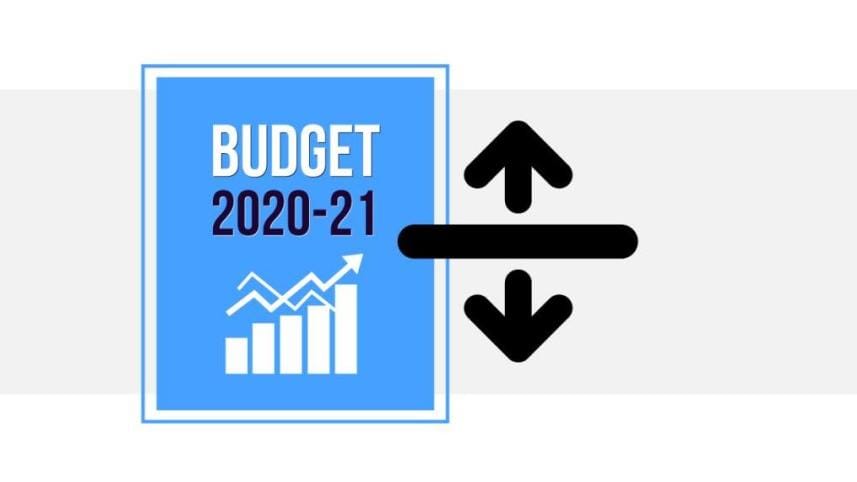Budget 2020-21: Middle class left out as always

In January, Nabil*, a professional of five years and a graduate in the relevant discipline, was hired as a merchandiser at a large apparel company, and he also got married.
Three months later, he along with dozens of others were terminated as the apparel company downsized amid shrinking global demands.
While the number of people in Bangladesh who have become unemployed due to the pandemic is unavailable, globally it is 1 in 6 youths, according to the International Labour Organisation.
"Please don't use my real name. I'm newly married and I haven't told my in-laws that I'm unemployed already. Whatever savings I had, I completely spent on my wedding, knowing that I have a better paying job for this year. Then the pandemic happened. I am now 30 years old, and relying on my father financially. My younger siblings are both students, and my father is the only earner once again, for our family of six," said Nabil.
And so, his aging father, who belongs to the age group most at risk of contracting Covid-19, is having to go out to work and earn.
Save for a slash in the income tax, there is no respite in this year's budget for penny-pinching middle class families.
For the next fiscal year, the threshold for income tax exemption has been raised to Tk 3 lakh, and the rates of taxation for the first three slabs have been set at 5, 10 and 15 percent, down from 10, 15 and 20 percent.
Meanwhile, even as the government targets the ultra-poor with stipends and cash-transfers, there is nothing for people like Nabil. No unemployment benefit schemes like those of countries like the United States, no house rent assistance like in the United Kingdom, no universal basic income like Hong Kong.
Small businessmen in rural areas will get microloans, and high school graduates will receive employment training under the Skills for Employment Investment Programme. Service-providing professionals hit by the pandemic, however, are left out.
In addition, those families who own personal cars will now have to pay 15 percent (up from 10) in duties for services by Bangladesh Road Transport Authority.
Nor is there any reduction in the Value Added Tax of significant consumer goods like infant milk, sugar, oil, etc. that were introduced last year.
"Although a large section of our population can afford to pay taxes, the number of taxpayers is only 20-22 lakh," Finance Minister AHM Mustafa Kamal stated in his budget speech, adding, "VAT is the largest contributor to the NBR tax revenue".
This means while the government fails to crack down on tax evasion, the economy will be bankrolled by the middle class and even the low-income population.
And this came in a year when consumption inequality, measured by the Gini coefficient, has risen to 0.35 from 0.32 in 2016, according to the Centre for Policy Dialogue.
Last month, Sumaiya, a single mother who runs a solo business doing house calls for beauty services, had to receive relief for the first time in her life.
She could not bear the thought of running after relief trucks, and had been reaching out to people she knew to connect her with donors personally.
"I used to earn about Tk 25,000 per month but since the pandemic, nobody wants to avail salon services because of social distancing. Ahoban Foundation gave us food supplies for a month," said Sumaiya.
It seems as if the government is telling the middle-class families, "We have nothing to give, but we'll be taking less of what you earn."
*Some names in this story have been changed to protect the privacy of the interviewees




 For all latest news, follow The Daily Star's Google News channel.
For all latest news, follow The Daily Star's Google News channel.
Comments